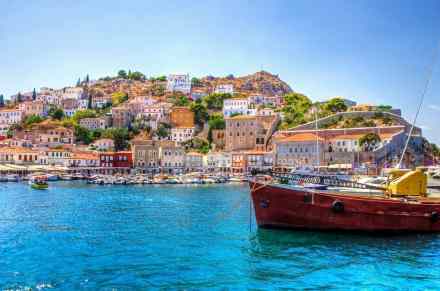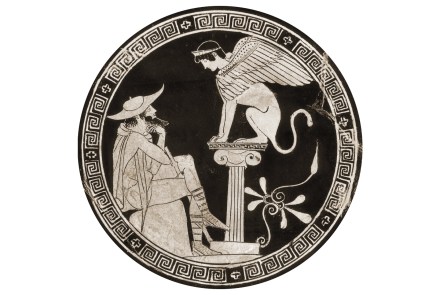The tiny Greek island beloved by Athenians
Hydra is where well-heeled Athenians go for weekend breaks. It’s what Long Island is to New Yorkers, or Île de Ré to Parisians. For, while Corfu is a 12-hour ferry ride away and Santorini six, Hydra can be reached in as little as 1hr20 on the regular scheduled boats out of Athens. And – unless you own your own yacht – there’s no other way to get there: there’s no air or heliport, there aren’t even any cars. We tacked a day trip to Hydra onto a weekend city break that was otherwise full of the classical antiquity you’d associate with Athens. Greece’s capital has, in the Acropolis and sister sites, arguably the









